The Incomplete Guide
Crash Course in Dementia
Welcome to Crash Course in Dementia—your essential guide to understanding dementia. From types and symptoms to causes and stages, we cover it all in straightforward, easy-to-digest articles. Whether you’re just starting to learn or deepening your knowledge, this blog provides a clear path through the complexities of dementia.
- All Posts
- Vascular Dementia
- Posterior Cortical Atrophy
- Normal Pressure Hydrocephalus
- Lewy Body Dementia
- Korsakoff Syndrome
- Huntington’s Disease Dementia
- Frontotemporal Dementia
- Dementia
- Creutzfeldt-Jakob Disease
- Alzheimer's Disease
- Parkinson’s Disease Dementia

Did you know that Neil Patrick Harris (NPH) has helped us understand dementia? Okay, not exactly, but we use his initials to help people remember a rare condition called Normal…
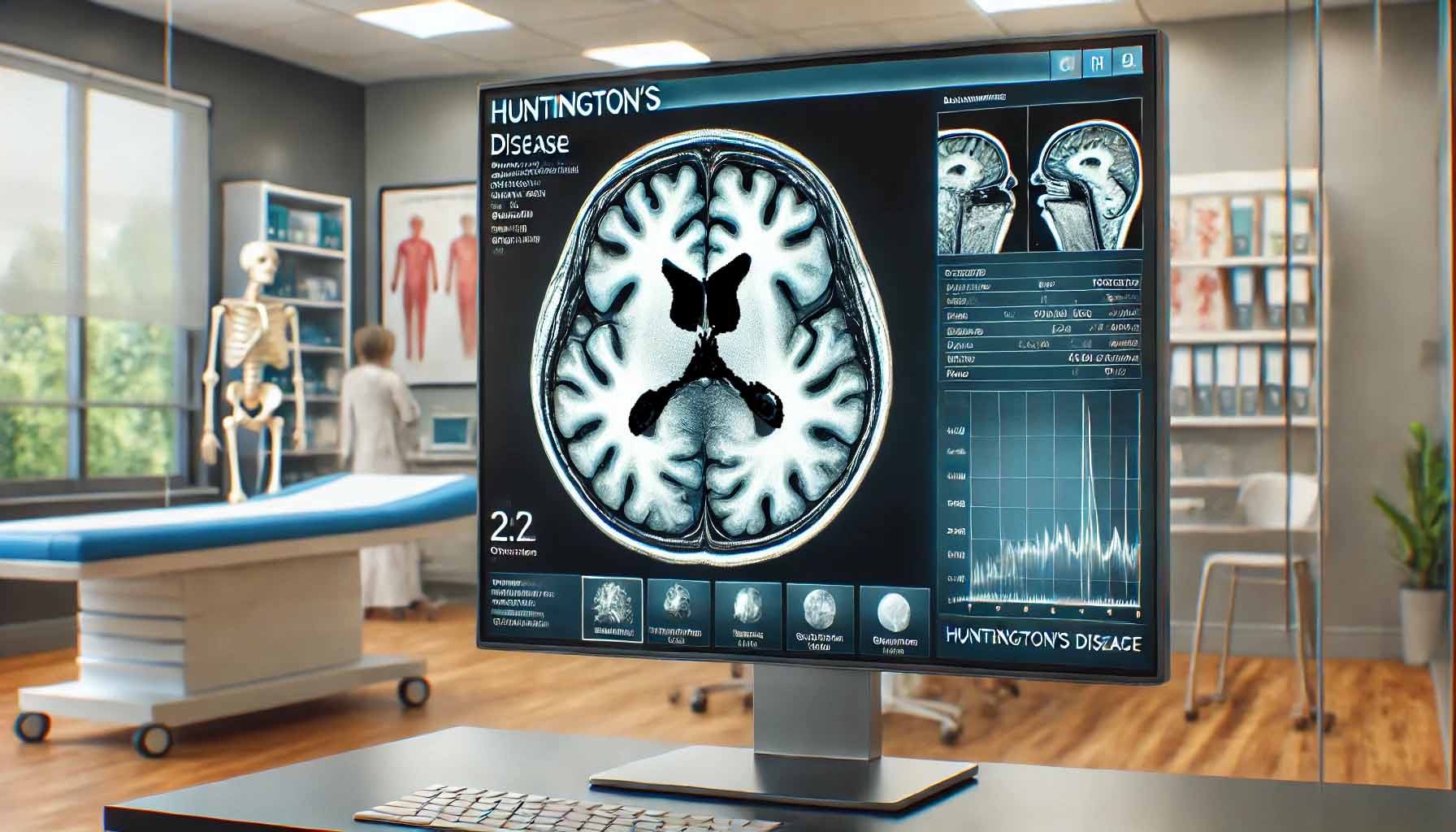
Huntington’s Disease (HD) is not as common as other types of dementia, but it significantly impacts those affected. Accounting for less than 1% of dementia cases, it is most known…

Alzheimer’s disease is notoriously difficult to diagnose accurately, and the statistics are troubling. A shocking 40% of patients with symptoms of Alzheimer’s or dementia are misdiagnosed—23% are overdiagnosed, and 17%…

When it comes to treating Alzheimer’s disease, many people turn to medications in hopes of slowing down the progression or managing symptoms. There are five typical medications that are commonly…

In recent years, significant advances have been made in treating dementia and Alzheimer’s patients. One such breakthrough is a therapy we call CogStim—a flexible, personalized approach that can be done…
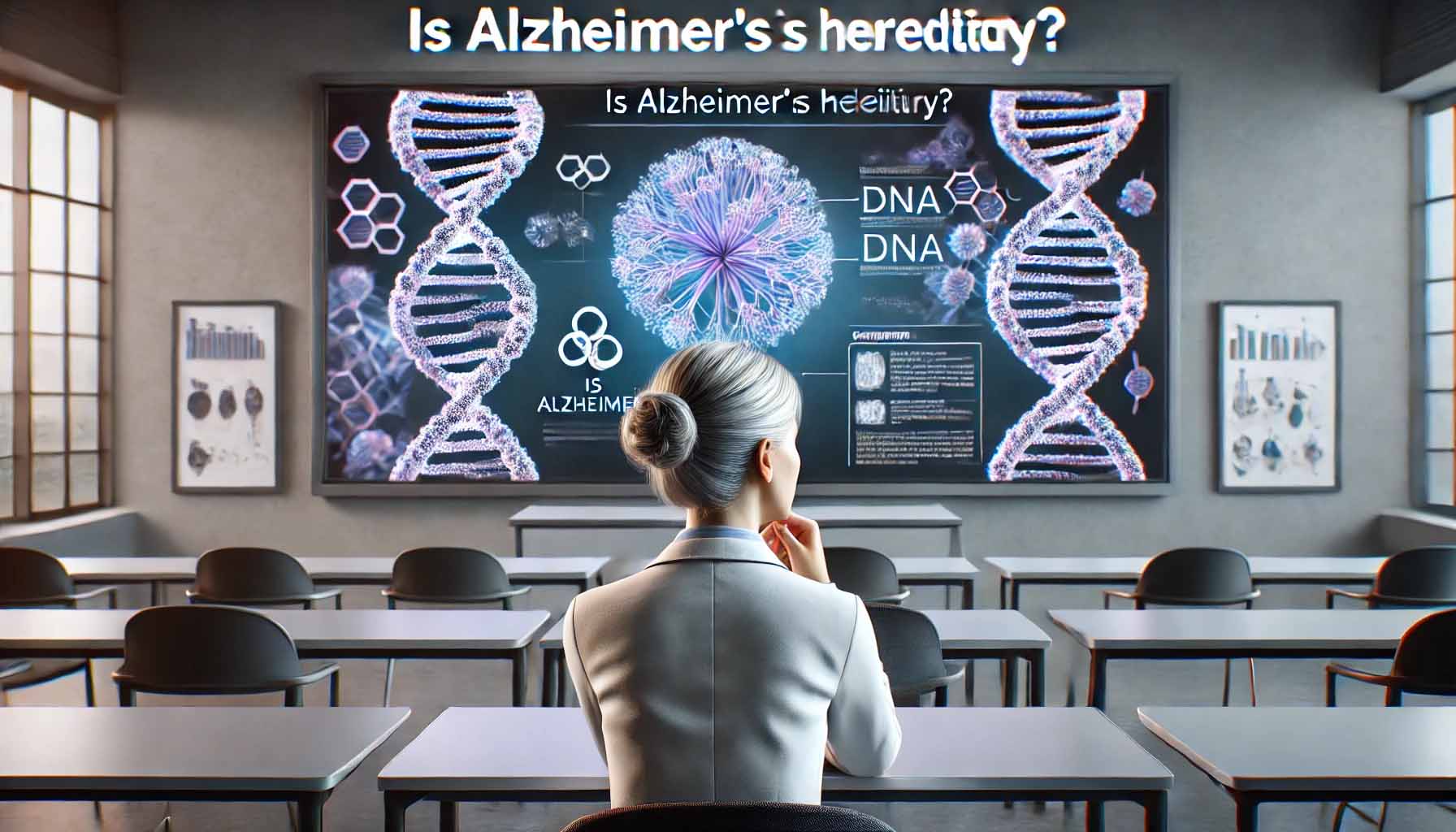
Many people wonder, ‘Is Alzheimer’s hereditary?’ While genetics can play a role, most cases of Alzheimer’s occur sporadically due to other factors. But here’s the good news—you have an almost…
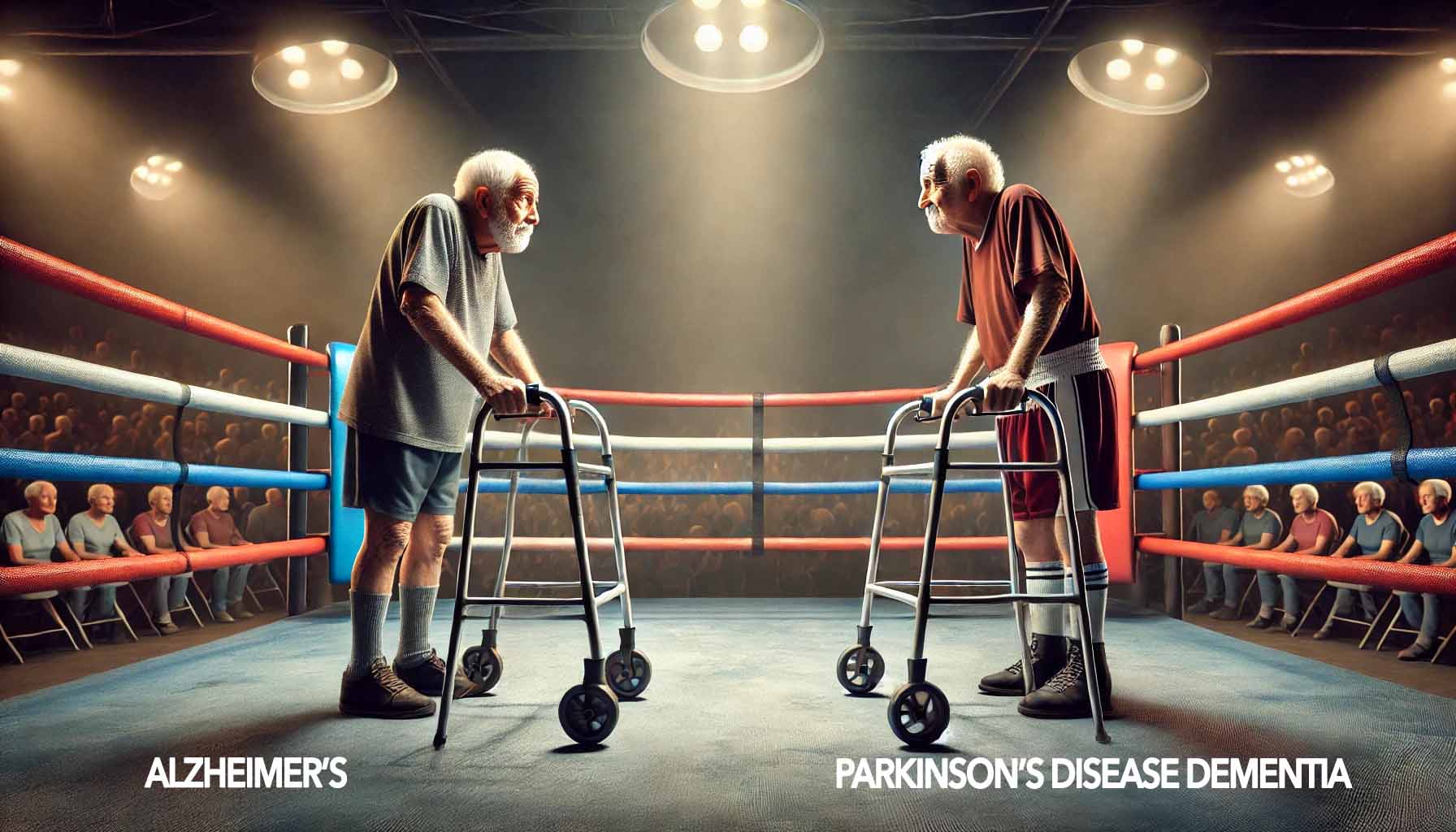
Parkinson’s Disease Dementia (PDD) is the 4th most common form of dementia, accounting for approximately 3% of all dementia cases. It’s most often recognized by the motor symptoms associated with…
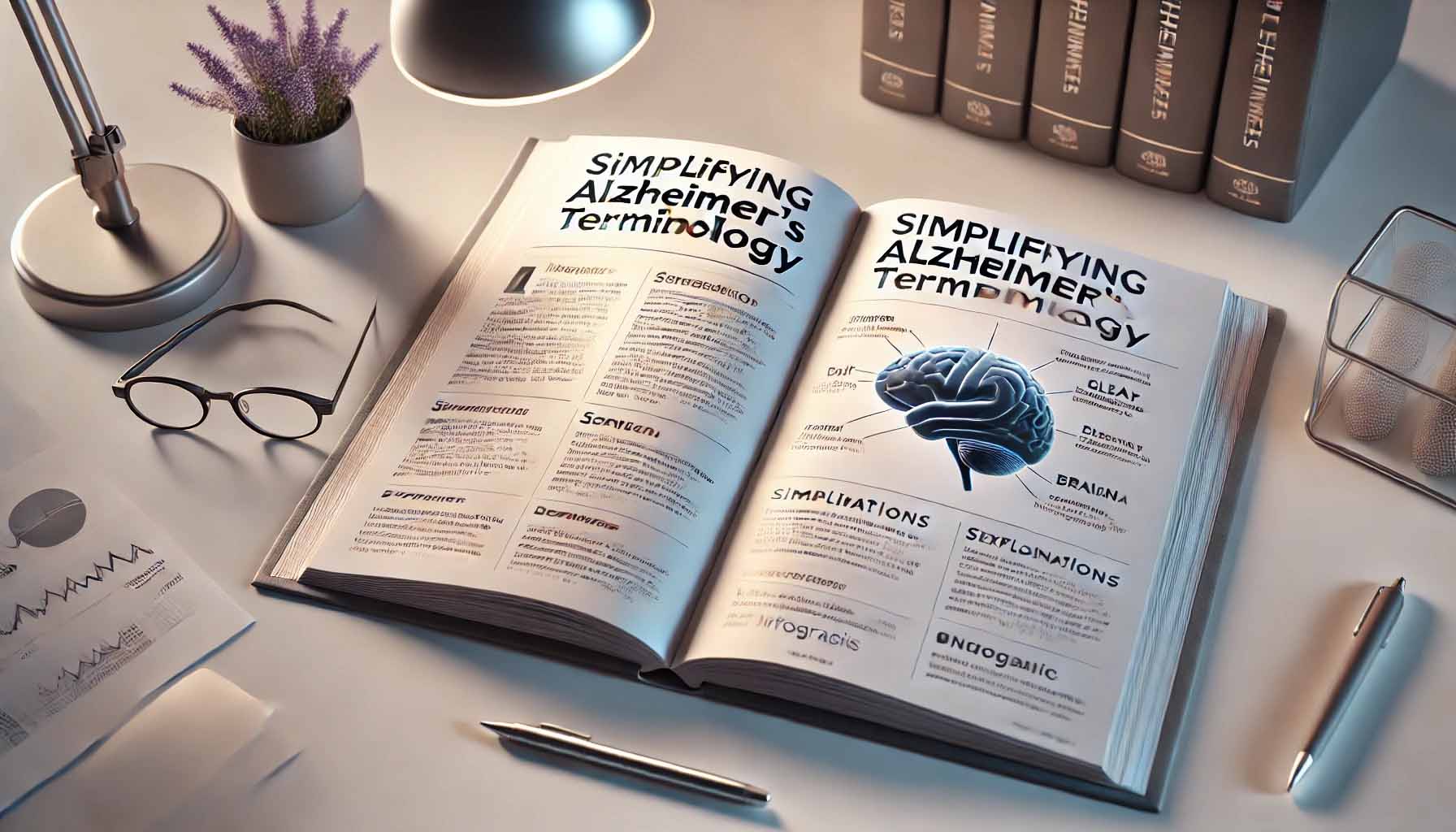
There’s a lot of stigma and fear surrounding Alzheimer’s disease. Often, the terminology itself makes the condition feel overwhelming and hopeless. But what if changing the way we talk about…

When it comes to Alzheimer’s disease, the key to effective treatment is early detection. But many people ask, ‘Is there a test for Alzheimer’s?’ Thanks to groundbreaking advancements, the answer…

Imagine a form of dementia that mimics Alzheimer’s symptoms but progresses so rapidly that death can occur within 12 to 24 months. This is the terrifying reality of Creutzfeldt-Jakob Disease…
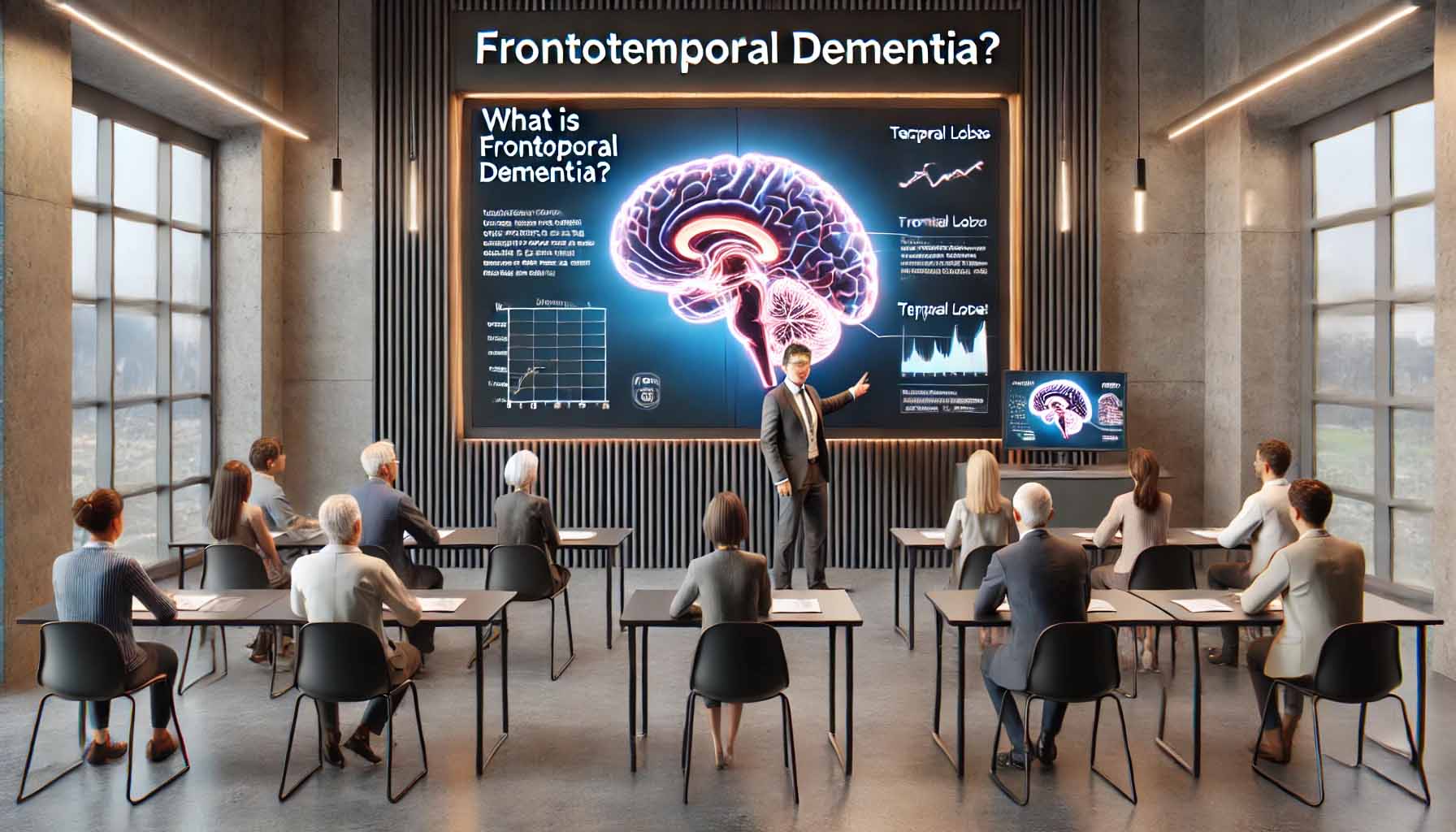
Frontotemporal Dementia (FTD) is a type of dementia that primarily affects the frontal and temporal lobes of the brain. Unlike Alzheimer’s, which mainly impacts memory, FTD is often associated with…

Frontotemporal Dementia (FTD) is a type of dementia that primarily affects the frontal and temporal lobes of the brain. Unlike Alzheimer’s, which mainly impacts memory, FTD is often associated with…

Frontotemporal Dementia (FTD) is a type of dementia that primarily affects the frontal and temporal lobes of the brain. Unlike Alzheimer’s, which mainly impacts memory, FTD is often associated with…

Frontotemporal Dementia (FTD) is a type of dementia that primarily affects the frontal and temporal lobes of the brain. Unlike Alzheimer’s, which mainly impacts memory, FTD is often associated with…

Frontotemporal Dementia (FTD) is a type of dementia that primarily affects the frontal and temporal lobes of the brain. Unlike Alzheimer’s, which mainly impacts memory, FTD is often associated with…

Frontotemporal Dementia (FTD) is a type of dementia that primarily affects the frontal and temporal lobes of the brain. Unlike Alzheimer’s, which mainly impacts memory, FTD is often associated with…
